
There are few things more magical than a classic Hollywood musical: a lavish spectacle with characters to adore and songs to die for. And there are few more beloved than My Fair Lady, one of the last golden age musicals, in which a snooty phonetics professor vows to transform a Cockney flower girl into an English rose. Based on George Bernard Shaw’s 1913 play Pygmalion, the film starred Audrey Hepburn as Eliza Doolittle and Rex Harrison as Henry Higgins and featured iconic Lerner & Loewe songs like ‘I Could Have Danced All Night’ and ‘Wouldn’t It Be Loverly’. It’s a classic for a reason – and, direct from the West End, the Lincoln Center’s dazzling new revival is here to remind us just how loverly a show this is.
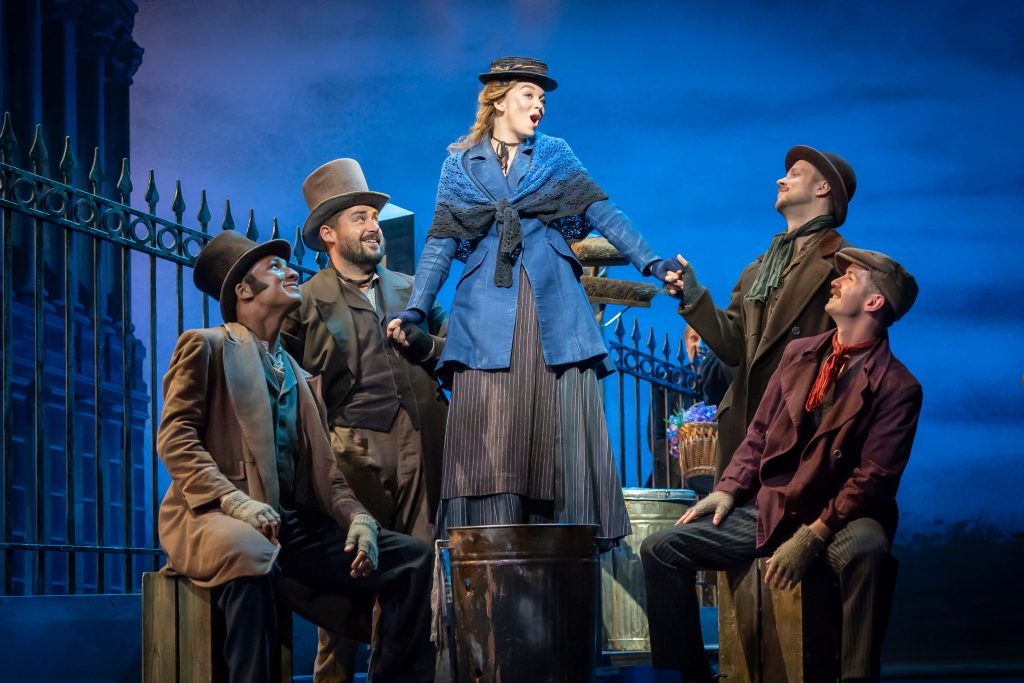
Lerner & Lowe also brought us the musical delights of Camelot, Gigi, and Brigadoon (not to mention the vastly underrated Paint Your Wagon) – but it’s easy to see why My Fair Lady is their most beloved work. Directed by Bartlett Sher (helmer of the critically-acclaimed revival of The King and I), this new production – the first major revival in fifteen years – comes with revitalised sets, costumes and musical arrangements. The score has never sounded as magnificent does here under the musical direction of Alex Parker, and you won’t find a finer chorus this side of the Edwardian era.
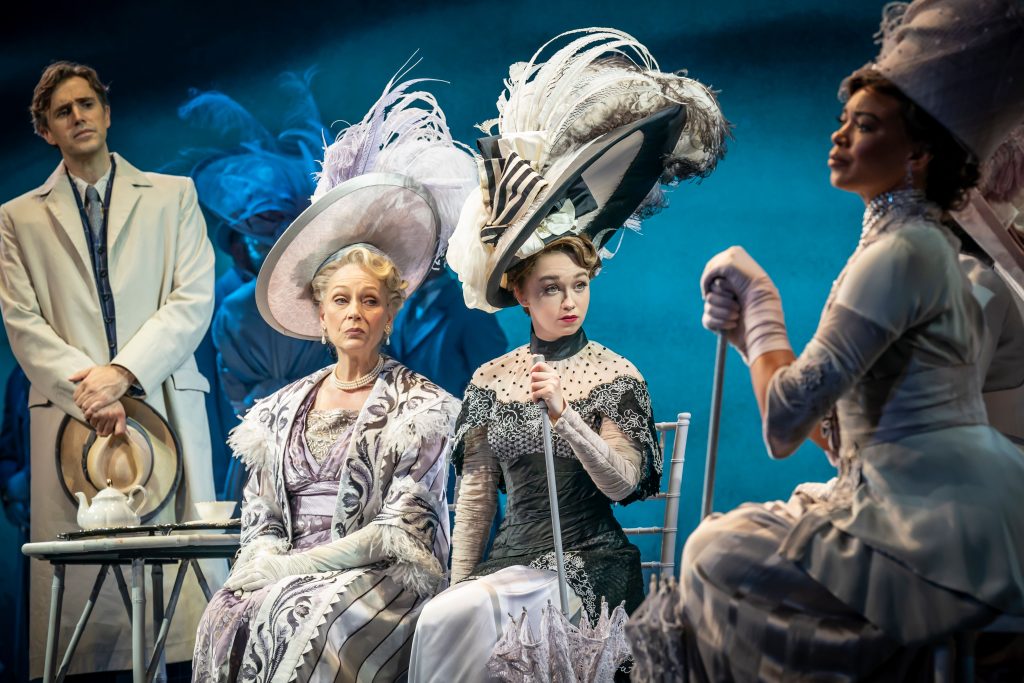
Having made her professional debut in Les Miserables in the West End, Charlotte Kennedy puts her own instantly-iconic spin on the beloved character of Eliza Doolittle. Her powerful voice and equally powerful performance makes her the beating heart of every scene she’s in – and her hilarious conversation with the aristos in Ascot is truly one for the ages.
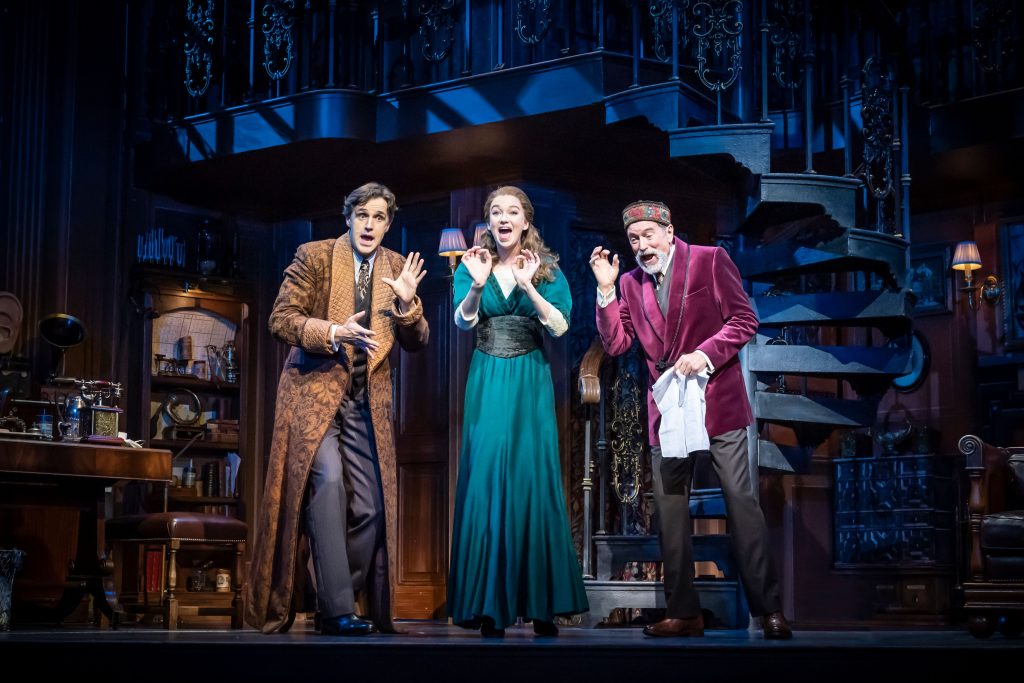
Two-time Olivier Award nominee Michael D. Xavier (who performed opposite Glenn Close to great acclaim in Broadway’s Sunset Boulevard revival) brings a haughty charm to Henry Higgins, pitched somewhere between David Tennant and Dickie Attenborough. Xavier brings a beautifully self-aware silliness to the totally oblivious Prof, especially in ‘An Ordinary Man’ and ‘I’ve Grown Accustomed to Her Face’. His rapport with Emmerdale’s John Middleton as Colonel Pickering is especially fun to watch – and their ‘Eureka!’ moment with Kennedy during ‘The Rain in Spain’ is a joy.
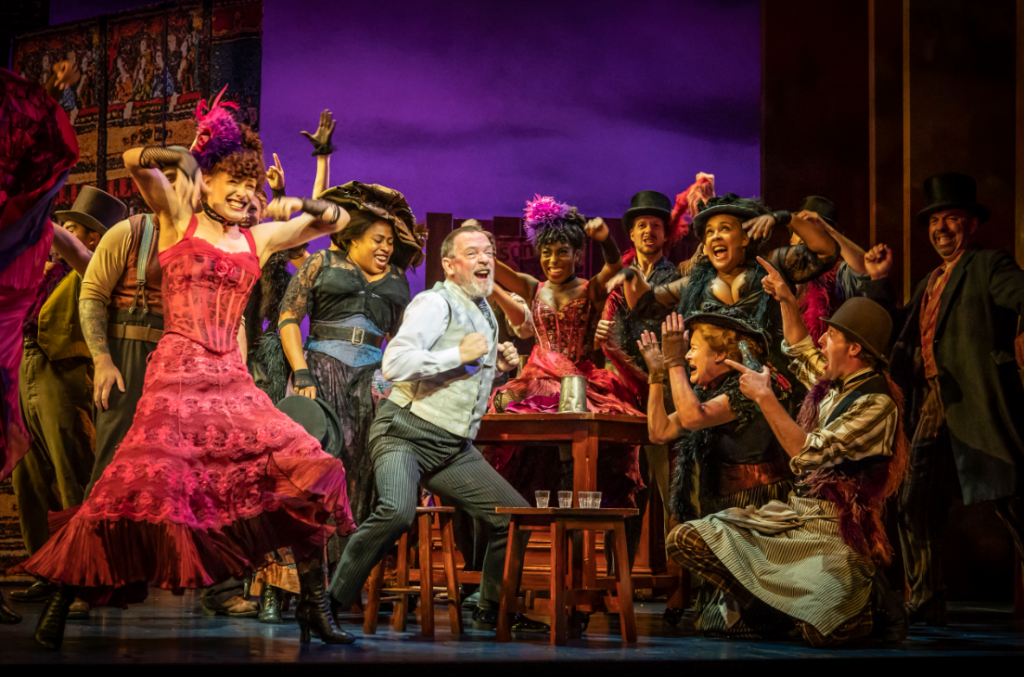
EastEnders’ Adam Woodyatt is perfectly cast as the lovably roguish Alfred P. Doolittle, a role he was born to play – in his hands, ‘With a Little Bit of Luck’ is delightfully puckish, but it’s the barnstorming ‘Get Me to the Church On Time’, culminating in an exceedingly camp can-can, which really brings the house down. Woodyatt flexed his dramatic chops the last time he performed in Cardiff, to great effect – but it’s brilliant to see him really let loose here.
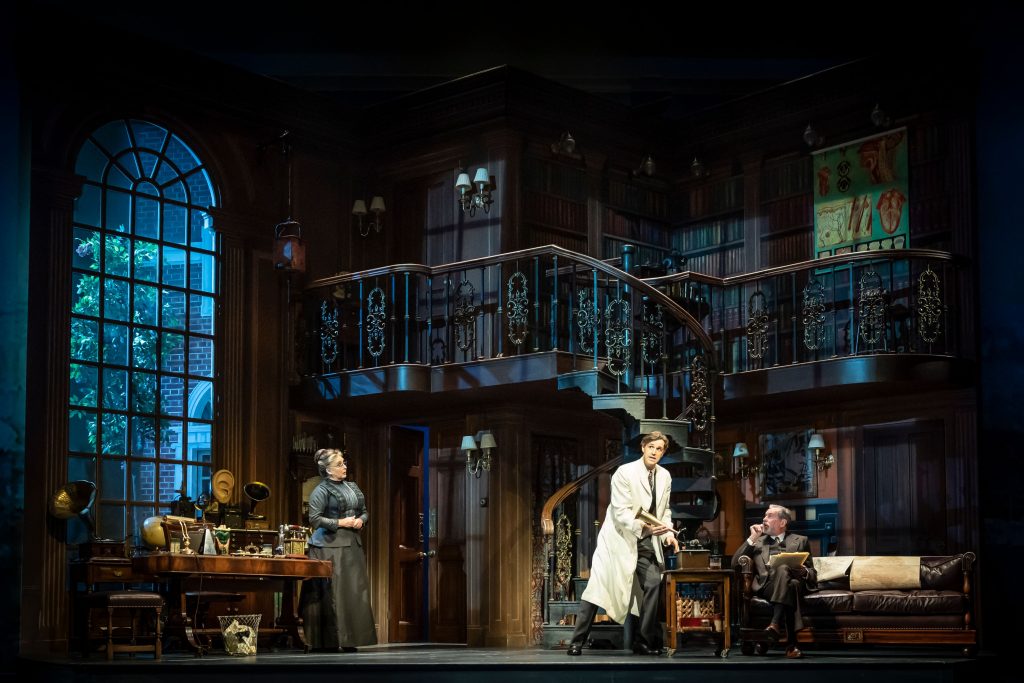
Tom Liggins brings a boyish charm to Freddy Eynsford-Hill (and a sublime rendition of ‘On the Street Where You Live’) while Heather Jackson, known to many as the West End’s Madame Giry (The Phantom of the Opera), brings gravitas even in just a few scenes as Mrs Higgins, as does world famous soprano wonderful Lesley Garrett, who – if slightly under-utilised – brings warmth to the role of Mrs Pearce, and lends her beautiful voice to some of the show’s best numbers. And kudos to Tom Pring for stealing scenes as a sardonic butler.

Michael Yeargan’s sets are nothing short of an architectural marvel and make an ingenious use of the Millennium Centre’s impressive stage. Especially extraordinary is the way in which Higgins’ luxurious London townhouse rotates during musical numbers to show off an elegant hall, a stylish study, a chic bathroom and a leafy alcove within which an amorous young couple meet by midnight. The sets transport you from the East End to the Embassy Ball, aided by Catherine Zuber’s exquisite costumes which capture every inch of the scale and grandeur of the classic film.
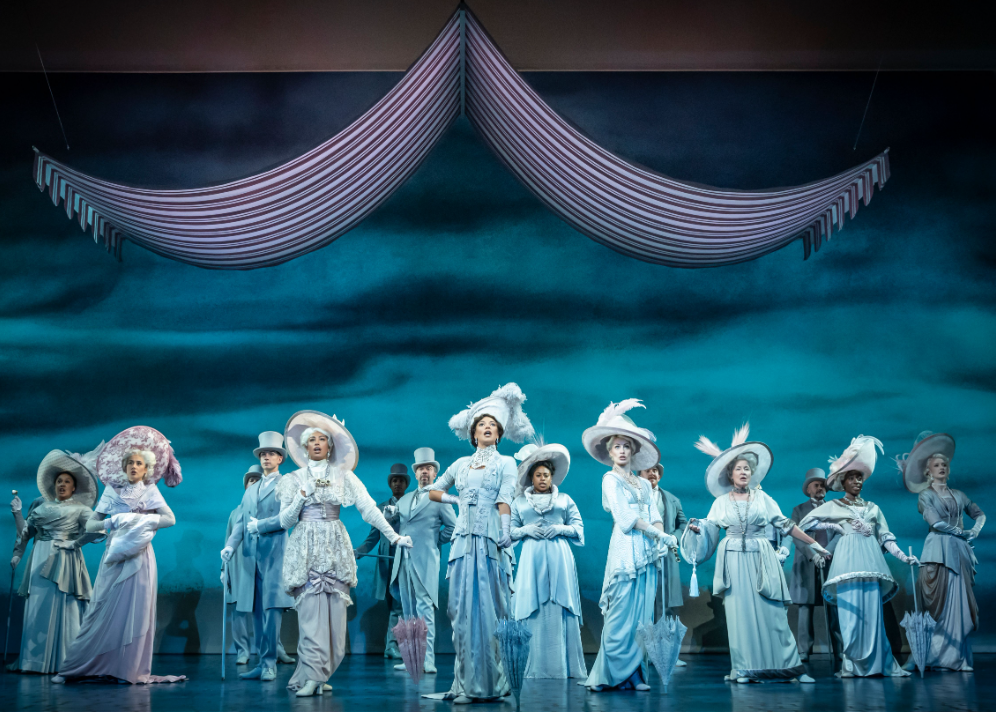
While there are a few aspects that might benefit from a modern touch – the decision to keep all of Higgins’ unpleasantness towards Eliza does threaten to undercut the budding romance and has an impact on how you view the ending – the sheer talent on display makes My Fair Lady an unmissable night of sumptuous entertainment. With a little bit of luck, you’ll not only have a bloomin’ loverly time, but you’ll dance all night too!
Touring throughout the UK, My Fair Lady is performing at the Wales Millennium Centre for 3 weeks only from 9 – 26 November. For more information and to book tickets, click here.
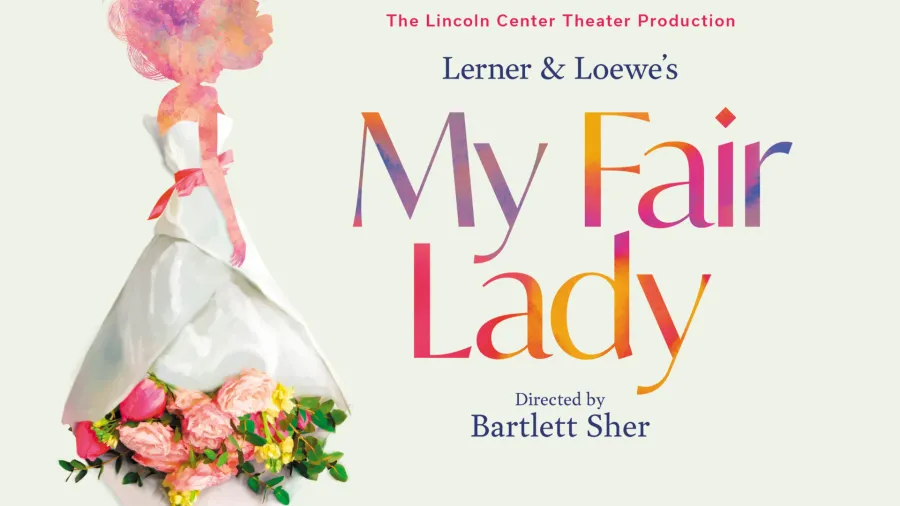

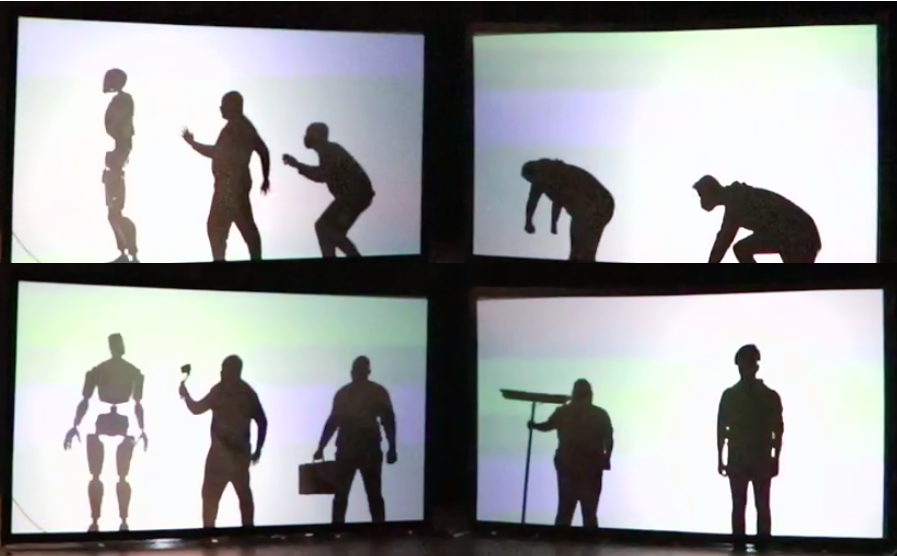

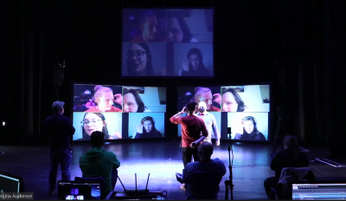
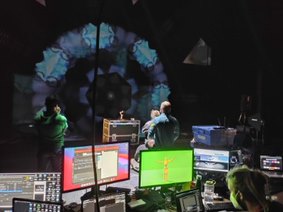
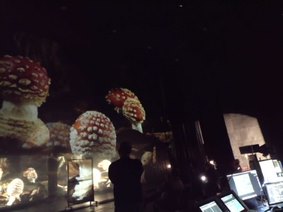
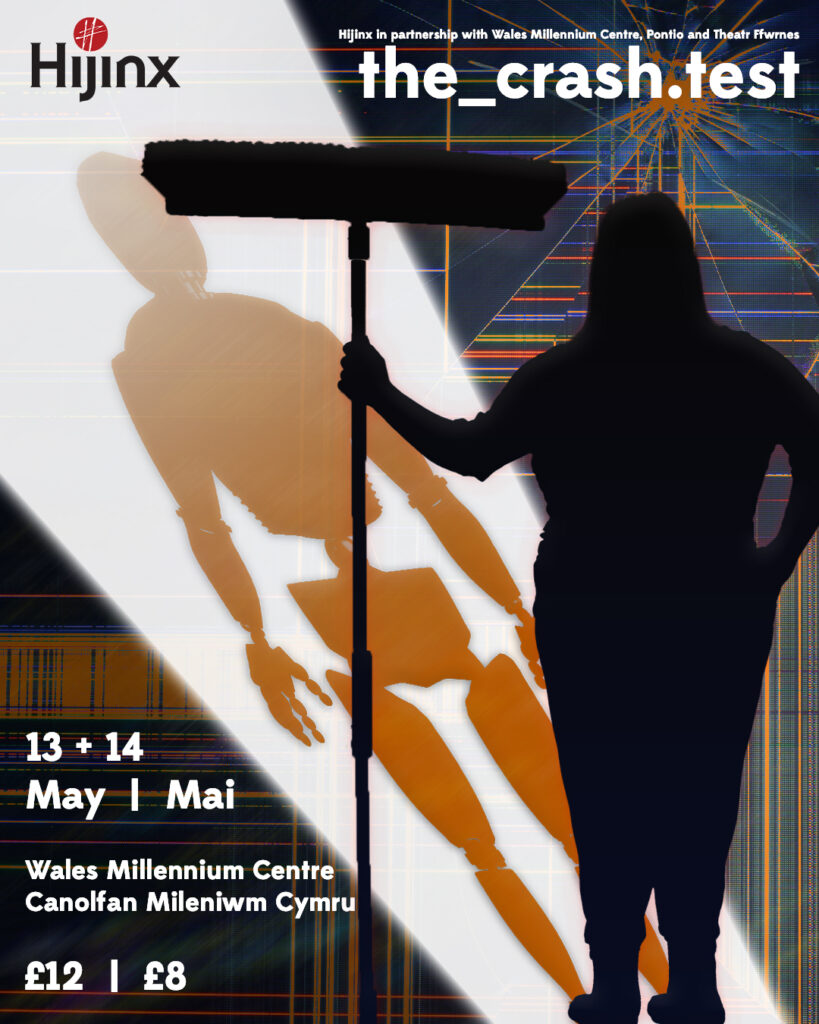
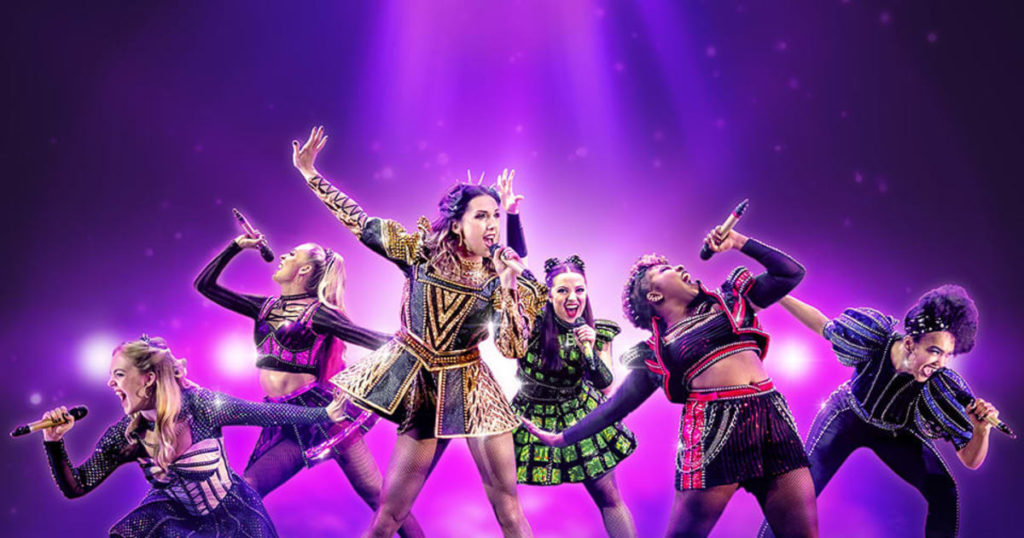
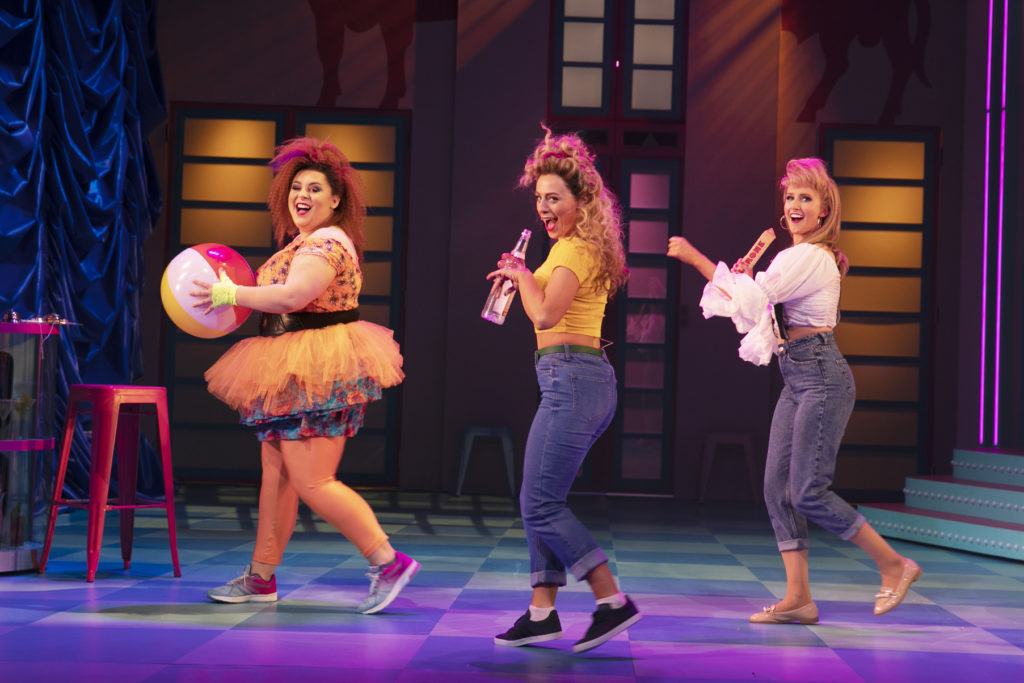
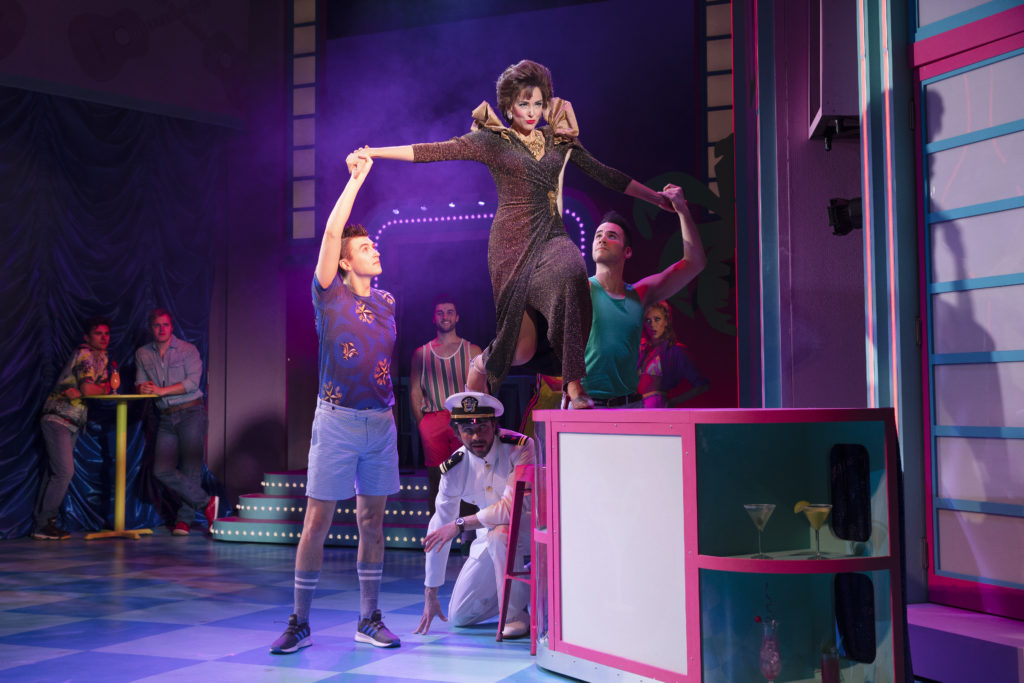
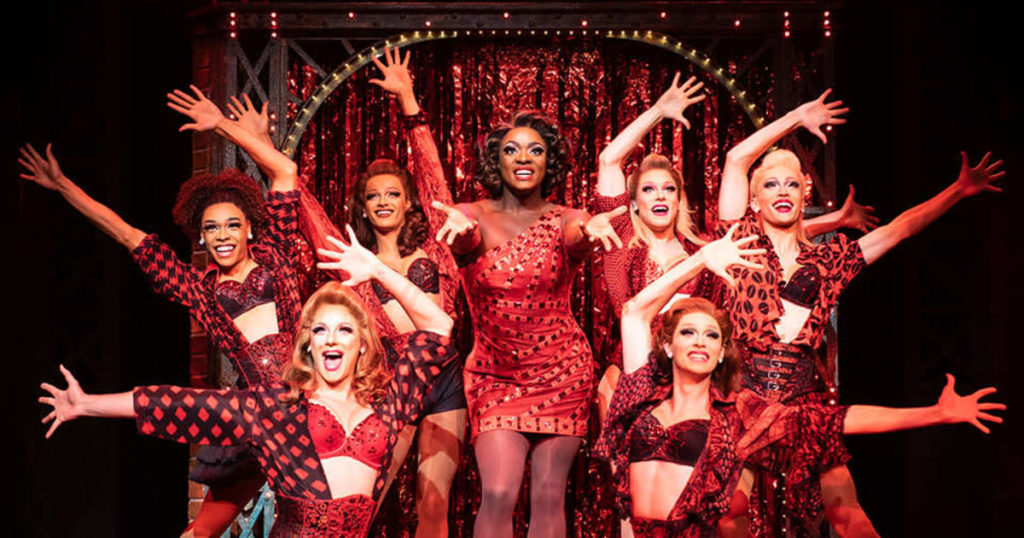
 (4.5 / 5)
(4.5 / 5)

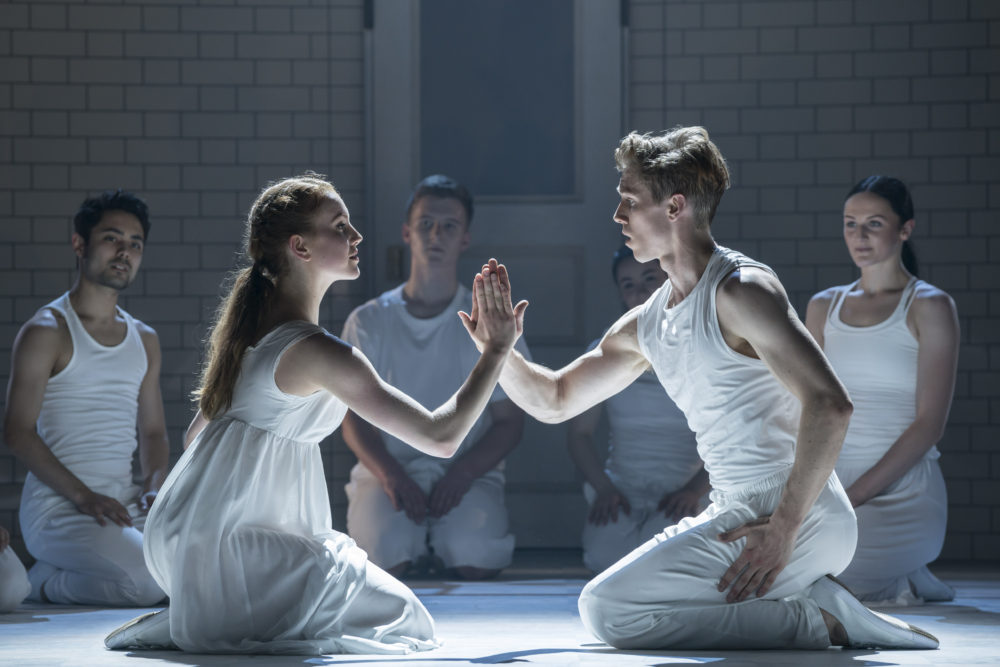
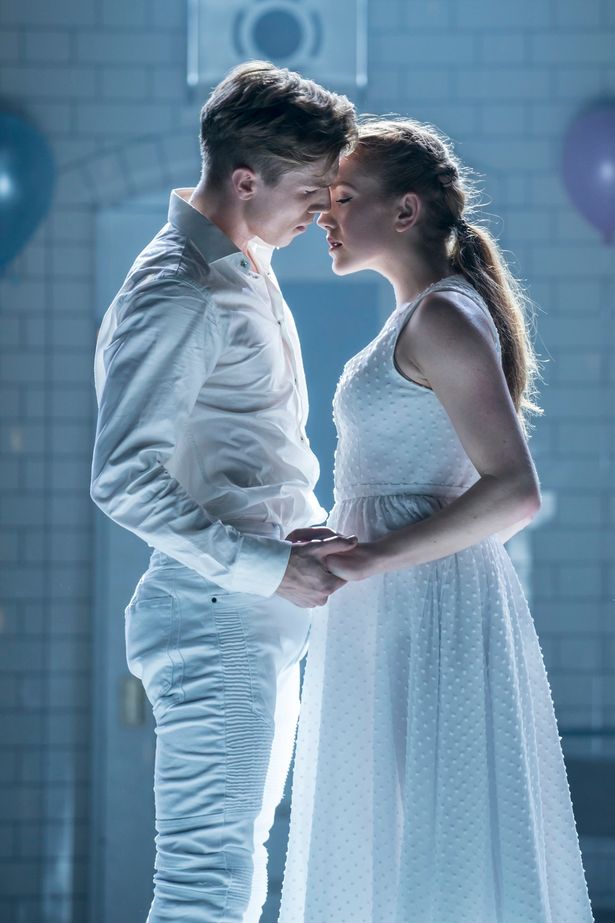
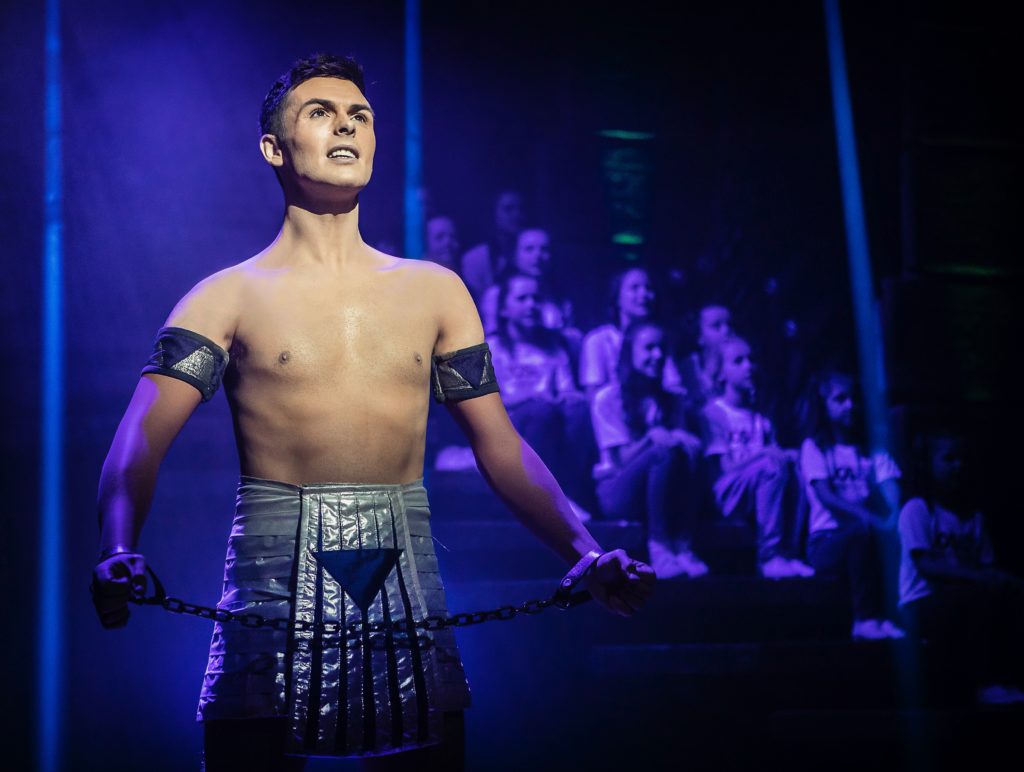
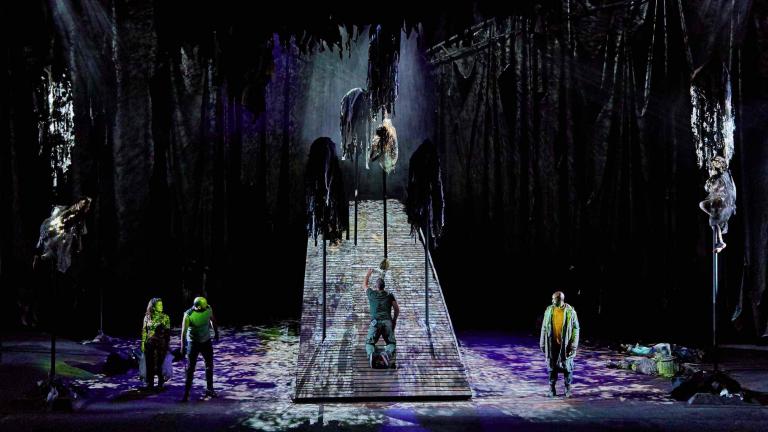
 (4 / 5)
(4 / 5) (3 / 5)
(3 / 5)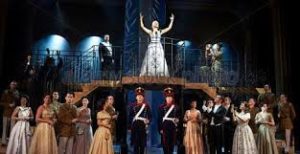
 (3.5 / 5)
(3.5 / 5)